Buenos libros para saber que pasa en el mundo.
Descubre los mejores libros para entender lo que sucede en el mundo. Explora nuestra selección de obras esenciales que analizan política, economía y sociedad global. ¡Amplía tu perspectiva con estos buenos libros mundo!
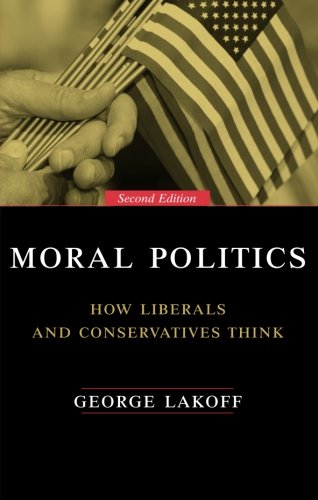
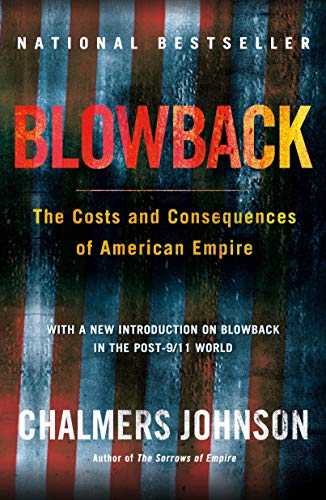


Book
A People's History of the United States
by Howard Zinn
Chronicles United States history from a grassroots perspective and provides an analysis of important events from 1492 through the current war on terrorism.
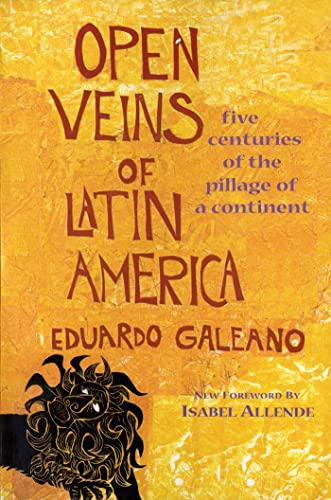

Book
Confessions of an Economic Hit Man
by John Perkins
A former consultant to the U.S. government reveals the inner workings of the high-stakes economic game that encourages third world economies to borrow money so that major corporations like Halliburton end up getting the lucrative contracts.
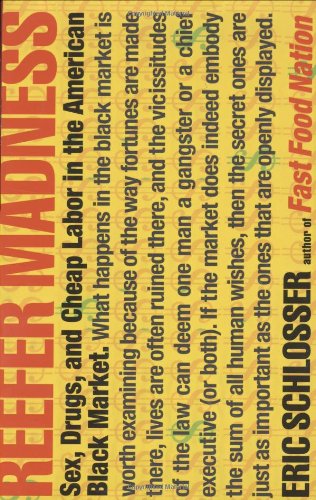

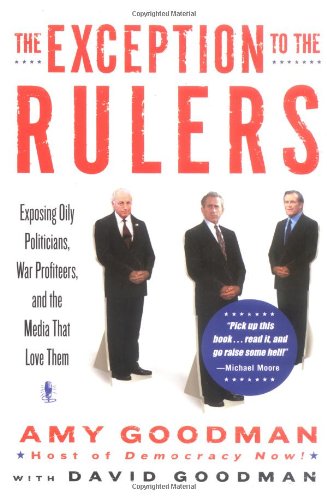
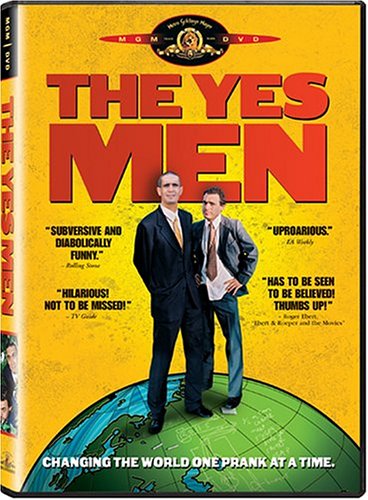
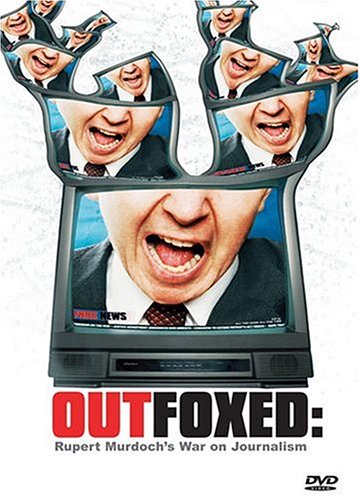

Book
Dude, Where's My Country?
by Michael Moore
The man who slithered into the White House on tracks greased by his daddy's oil buddies is one of many targets in Mike's blistering follow-up to his smash #1 hit Stupid White Men, the biggest-selling nonfiction book of the year. Now no one's safe: corporate barons who have bilked millions out of their employees' lifetime savings and legislators who have stripped away our civil liberties in the name of "homeland security."

Book
The Culture of Fear
by Barry Glassner
There has never been another era in modern history, even during wartime or the Great Depression, when so many people have feared so much. Three out of four Americans say they feel more fearful today then they did twenty years ago. The Culture of Fear describes the high costs of living in a fear-ridden environment where realism has become rarer than doors without deadbolts.Why do we have so many fears these days? Are we living in exceptionally dangerous times? To watch the news, you'd certainly think so, but Glassner demonstrates that it is our perception of danger that has increased, not the actual level of risk. The Culture of Fear is an expose of the people and organizations that manipulate our perceptions and profit from our fears: politicians who win elections by heightening concerns about crime and drug use even as rates for both are declining; advocacy groups that raise money by exaggerating the prevalence of particular diseases; TV newsmagazines that monger a new scare every week to garner ratings.Glassner spells out the prices we pay for social panics: the huge sums of money that go to waste on unnecessary programs and products as well as time and energy spent worrying about our fears.